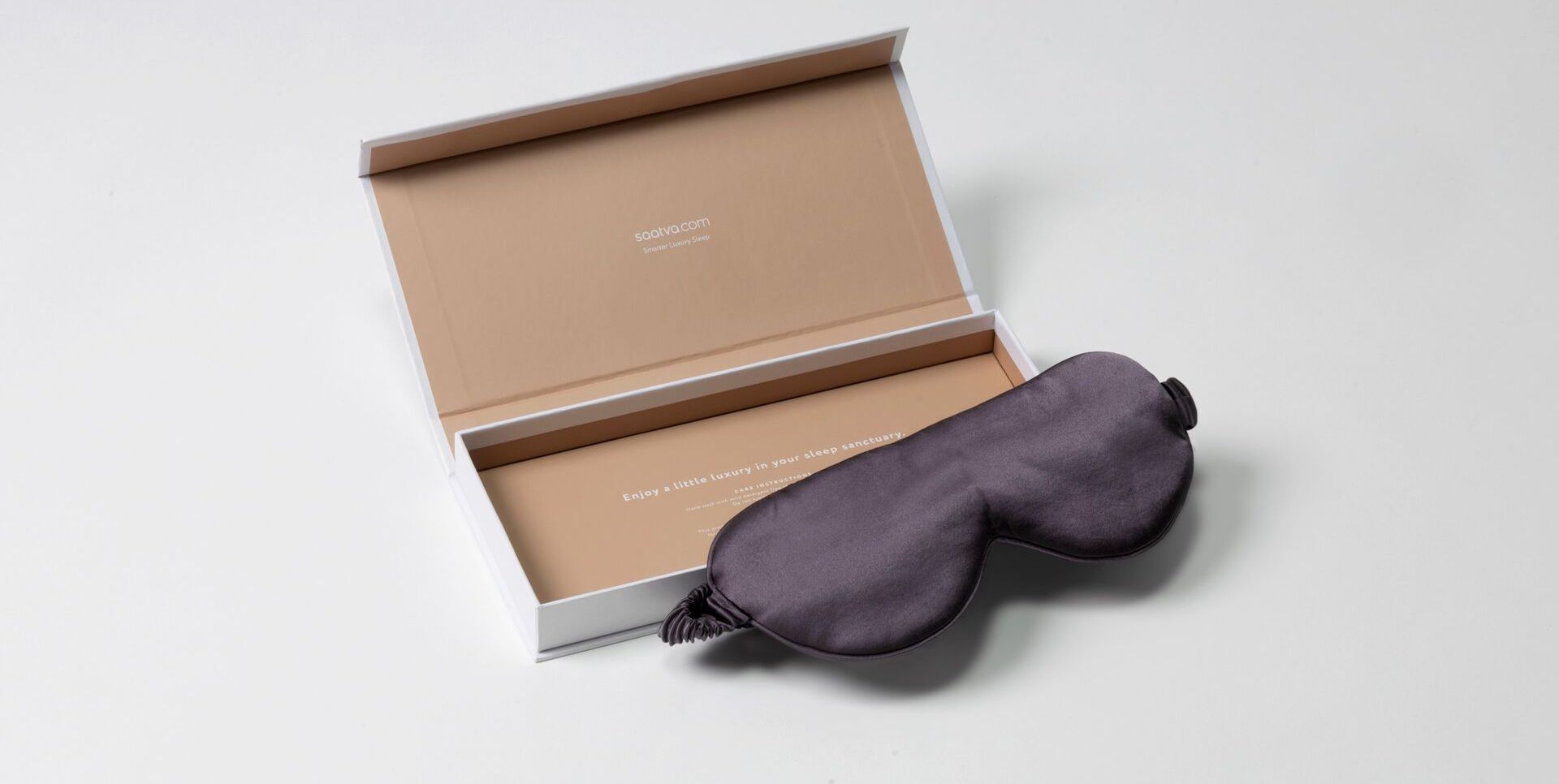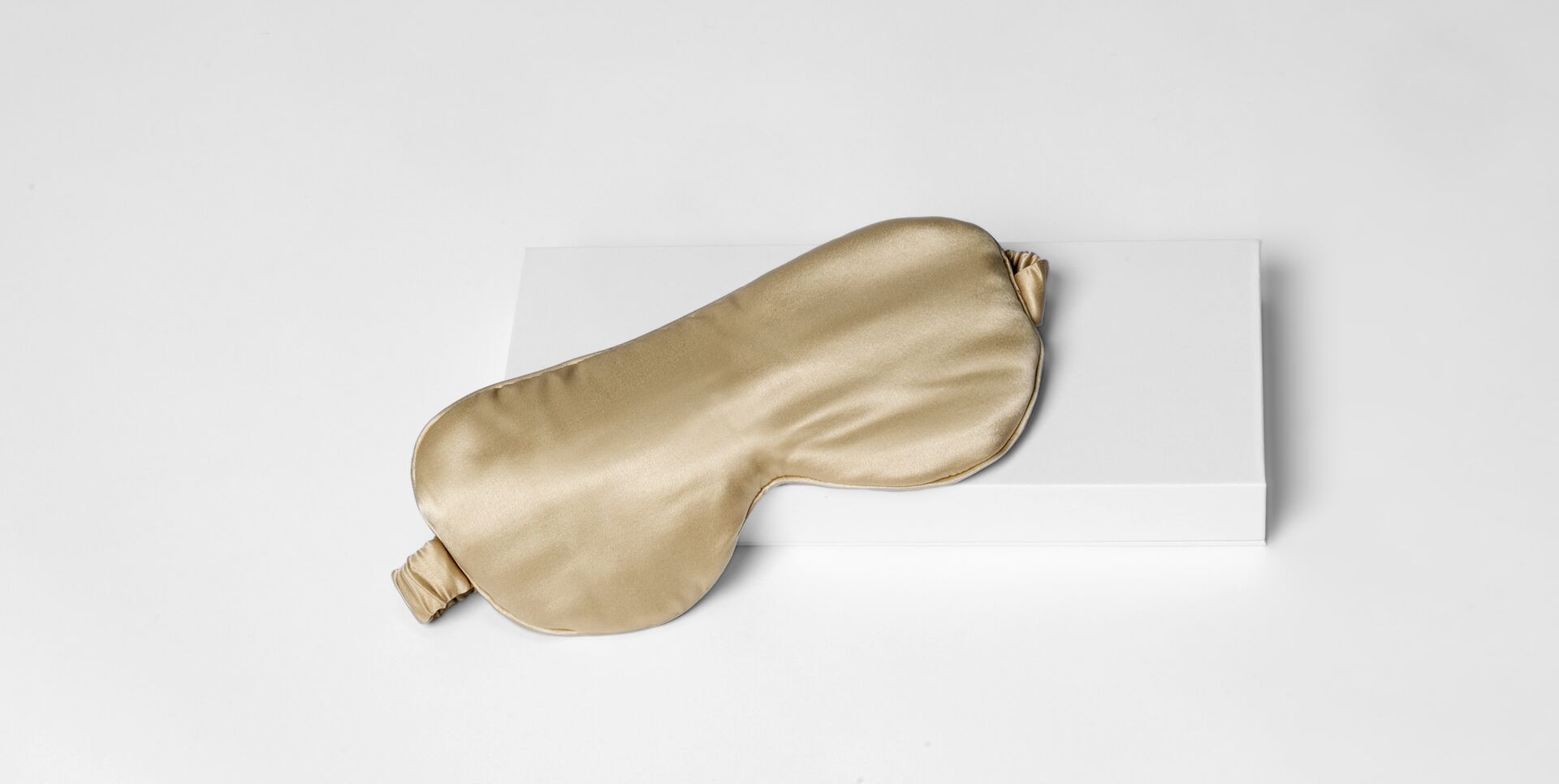So you slept for the recommended eight hours and still woke up feeling tired. What gives?
Here, we’ve rounded up the most common reasons why you may be tired after a full night’s sleep, along with advice for what to do so you wake up more refreshed.
Reasons you might be waking up tired
We chatted with Daniel A. Monti, MD, author of Tapestry of Health: Weaving Wellness Into Your Life Through the New Science of Integrative Medicine, to learn about the most common causes of morning fatigue.
You stayed in bed too long
There is such a thing as getting too much sleep, and it can affect how you feel once you finally wake up. That’s because your sleep schedule is entirely based on your body’s circadian rhythm. Just like sleeping too little can upset your circadian rhythm, so can sleeping for too long. In fact, oversleeping can make you feel lethargic in the a.m.
The fix: Stay on schedule. “Elements of good sleep hygiene include going to bed at approximately the same time every night and waking up at approximately the same time every morning,” says Monti.
Your bedroom isn’t designed for sleep
“The external environment of the room is sometimes a problem,” says Monti. Too much light, noise, and heat can all leave you less than well-rested when you wake up.
The fix: Keep your bedroom dark by wearing a sleep mask or investing in blackout curtains, block out noise with a white noise machine or earplugs, and turn down your thermostat to somewhere between 60° and 67°, the optimal temperature range for sleep. Check out our guide to designing your bedroom for better sleep for more tips.
You drank too much caffeine
Caffeine, particularly late in the afternoon or the evening, can disturb sleep and make it so that you feel tired in the morning.
The fix: Research suggests you should stop drinking caffeine by 2 p.m. to avoid it interfering with your sleep later on. Have a craving for a hot beverage before bed? Try these relaxing teas instead.
You had too much alcohol
Although alcohol may help you feel drowsy and tired enough to fall asleep, it can actually mess with your sleep overnight. Monti notes that for some people, even one glass of wine can ruin your quality of sleep overnight.
The fix: If you’re going to drink alcohol, consider stopping a few hours before you go to bed instead of sipping until you feel tired.
Your partner snores
Your partner’s regular snoring isn’t just detrimental to their health. It can also impact your ability to catch Z’s—and put a strain on your relationship. According to a Saatva survey of more than 1,000 people, among those who share a bed, snoring is the most-complained about habit.
The fix: Wear earplugs or use a white noise machine to block out the sound. Because snoring could be a sign of a deeper health issue, also encourage your partner to visit the doc so they can find out what’s causing them to do it and come up with a treatment plan. When all else fails, consider sleeping separately. (Here are the biggest sleep problems couples face—and how to deal with them.)
You have a sleep disorder
Sleep disorders like restless legs syndrome or sleep apnea can make it difficult to get quality sleep. And they often go undiagnosed, meaning they might be impeding your sleep without you even realizing it.
The fix: Consult your physician “when there’s a problem with insomnia for more than two weeks,” says Monti. They can put together a treatment plan that works for you.
The bottom line: Feeling tired in the morning after a full night’s sleep isn’t normal, so you shouldn’t have to live with it. Start by evaluating your alcohol, diet, and caffeine habits as well as the state of your bedroom—then try talking to your doctor if you still don’t see an improvement in your sleep.
Need help unwinding after a stressful day? Here are our favorite nighttime activities to help you relax.






